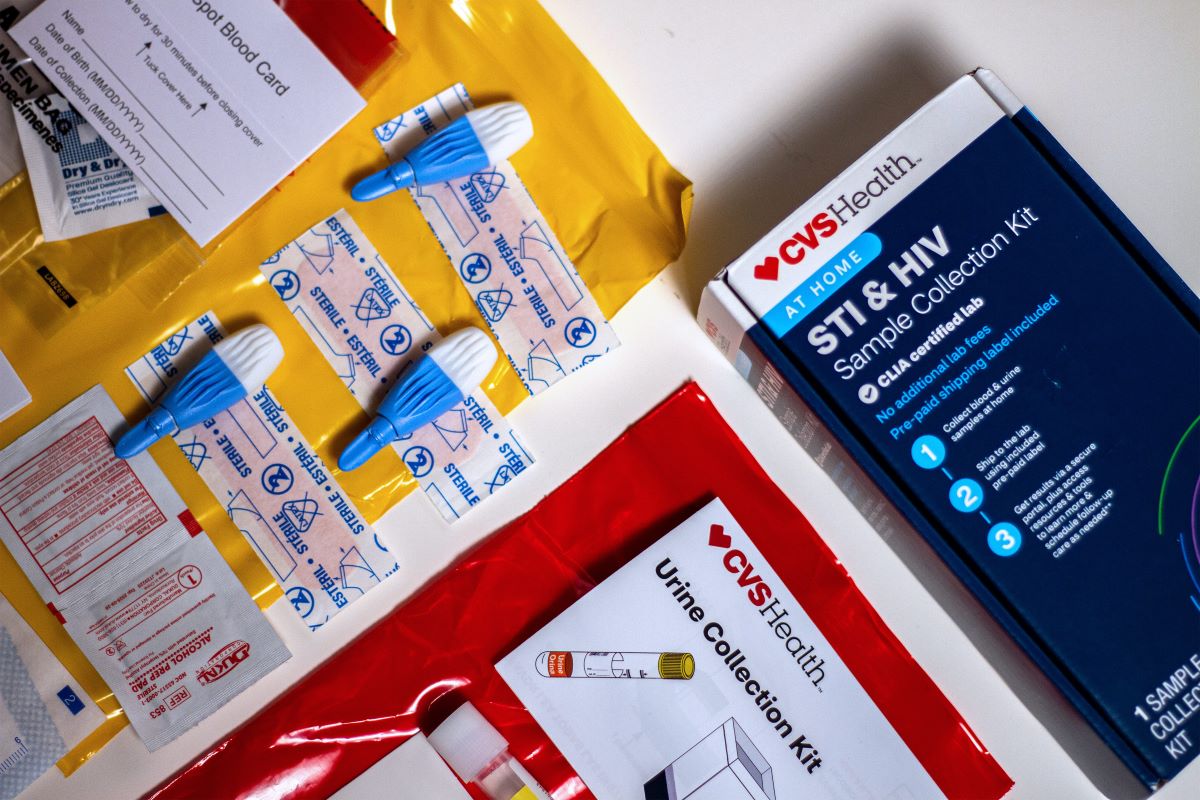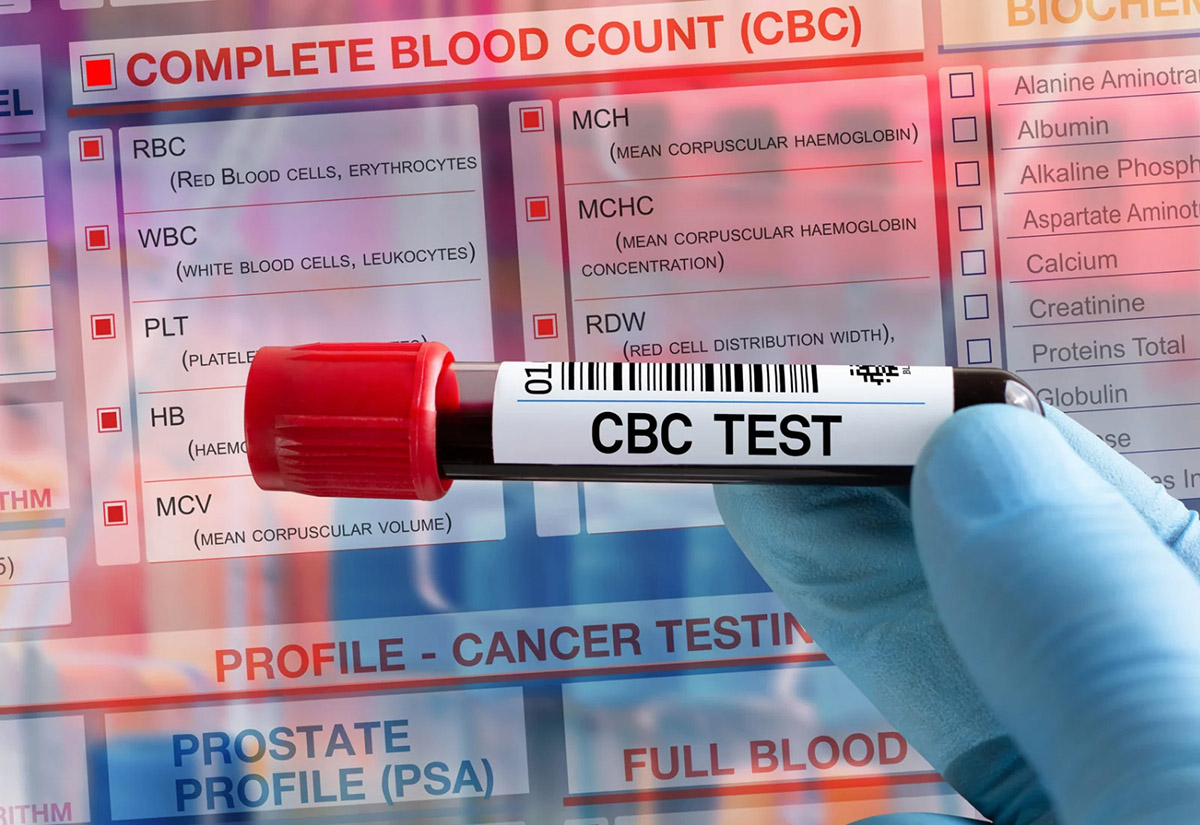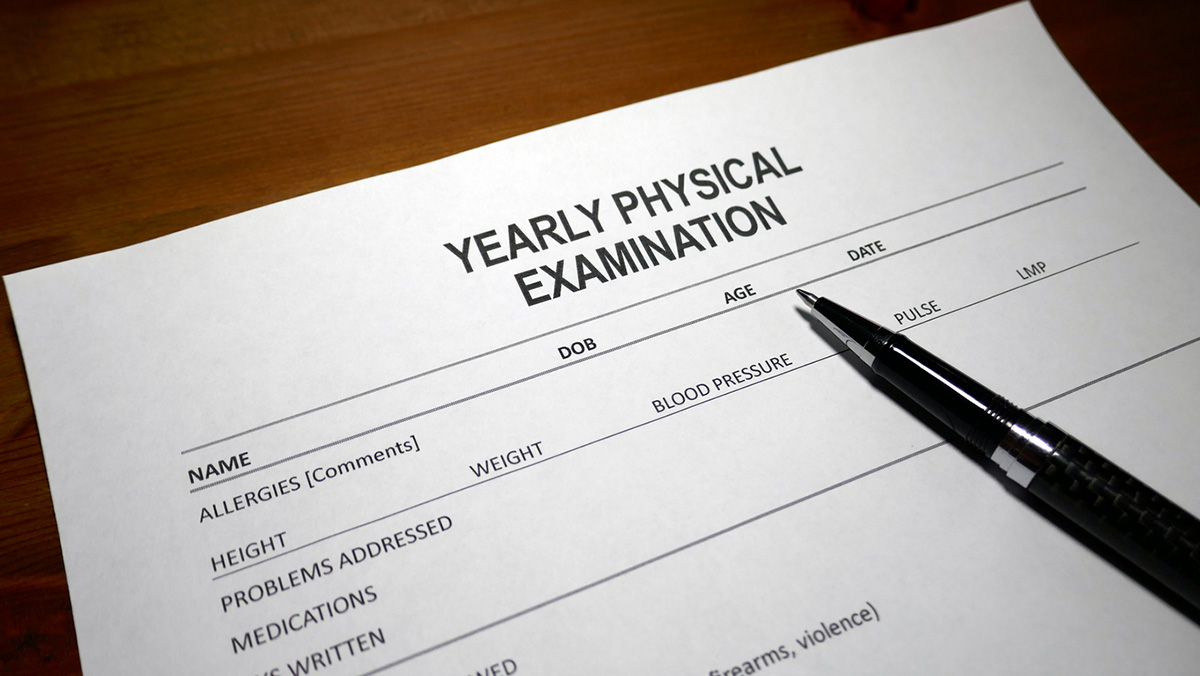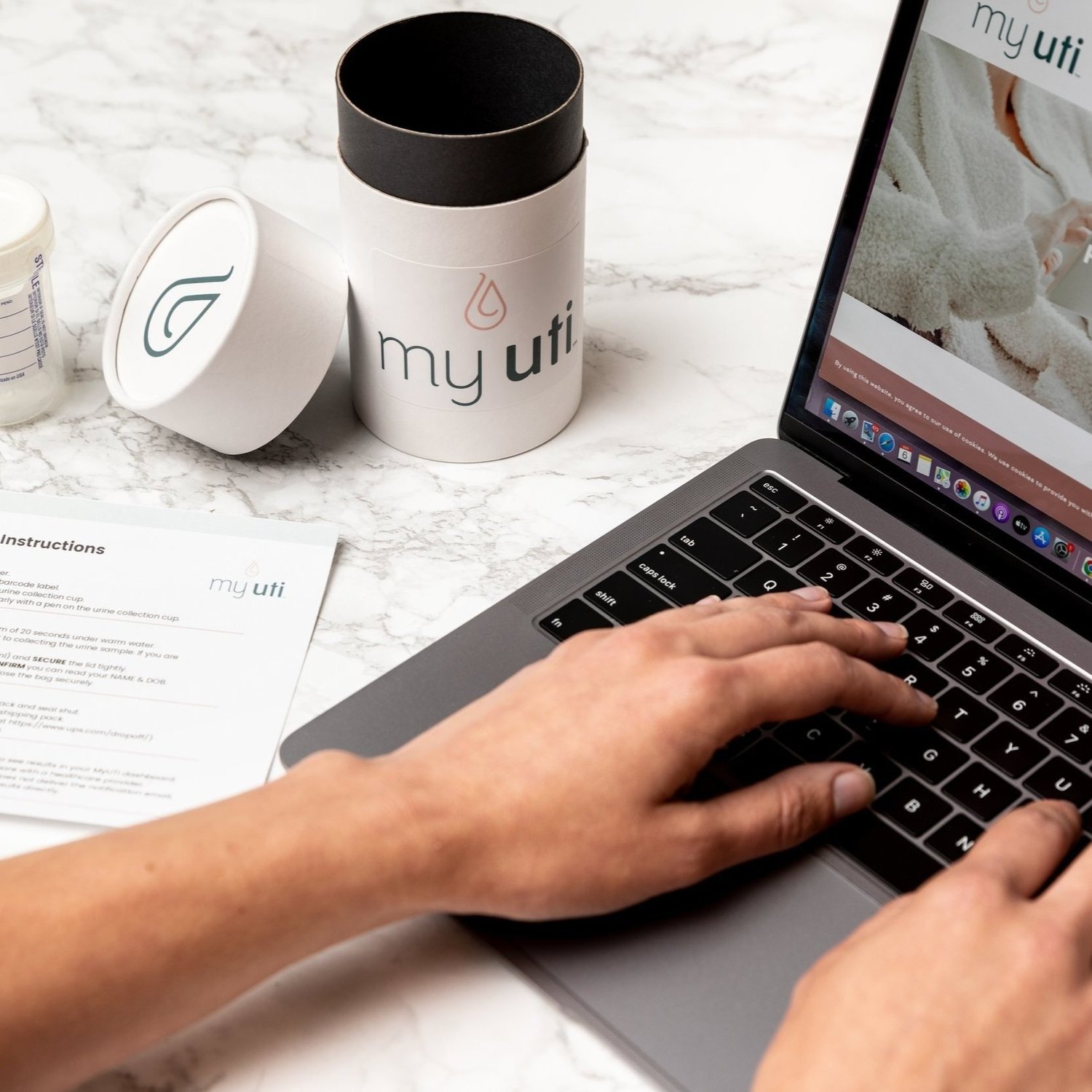Home>Finance>How Much Does A Stress Test Cost Without Insurance?


Finance
How Much Does A Stress Test Cost Without Insurance?
Published: November 8, 2023
Find out the cost of a stress test without insurance and manage your finances effectively. Plan ahead and save money with our expert financial tips.
(Many of the links in this article redirect to a specific reviewed product. Your purchase of these products through affiliate links helps to generate commission for LiveWell, at no extra cost. Learn more)
Table of Contents
Introduction
When it comes to safeguarding our health, medical tests play a crucial role. One such test that helps evaluate heart function and identify potential cardiovascular issues is a stress test. Stress tests involve monitoring the heart’s response to physical exertion and can provide valuable insights into its overall health.
However, the cost of a stress test can be a concern, especially for individuals without insurance coverage. Without insurance, medical expenses can quickly become overwhelming. So, if you’re wondering how much a stress test without insurance might cost, it’s important to consider a few key factors. Understanding these factors can help you better prepare and explore options to minimize the financial burden.
In this article, we’ll dive into the factors that can affect the cost of a stress test without insurance, explore the average cost range, and discuss potential options for mitigating expenses.
Before we delve into the specifics, let’s take a moment to understand what a stress test entails and why it is an important diagnostic tool.
Understanding Stress Tests
A stress test, also known as an exercise stress test or treadmill test, is a non-invasive medical procedure used to evaluate how well your heart functions under physical exertion. It involves monitoring your heart rate, blood pressure, and electrical activity while you walk on a treadmill or pedal a stationary bicycle.
The primary purpose of a stress test is to assess the blood flow to your heart and determine if there are any underlying cardiovascular conditions, such as coronary artery disease or heart rhythm abnormalities. By observing how your heart responds to exercise, doctors can identify potential issues, assess your heart’s overall health, and devise an appropriate treatment plan.
During the stress test, the intensity of the exercise gradually increases in line with specific protocols, such as the Bruce protocol. It typically involves a series of stages, starting with a slow walking pace and gradually increasing in speed and incline. Throughout the test, an electrocardiogram (ECG) continuously records the electrical activity of your heart, providing valuable data for analysis.
In addition to the ECG, other monitoring devices may be used, such as a blood pressure cuff, pulse oximeter, and oxygen sensors, to measure various vital signs and oxygen levels. These measurements help doctors evaluate how efficiently your heart pumps blood and determines if there are any signs of inadequate blood flow or irregular heart rhythms.
A stress test is generally safe and well-tolerated by most individuals. However, it is important to follow your doctor’s instructions and inform them of any relevant medical conditions or medications you are taking. They will provide guidance on preparing for the test and any necessary precautions to ensure your safety throughout the procedure.
Now that we have a basic understanding of what a stress test entails, let’s explore the factors that can influence the cost of a stress test when you don’t have insurance coverage.
Factors Affecting the Cost of a Stress Test without Insurance
The cost of a stress test without insurance can vary depending on several factors. Understanding these factors can help you anticipate and assess potential expenses. Here are some key factors that can affect the cost:
- Healthcare Provider: Different healthcare providers may charge different prices for the same services. Specialized cardiac centers or hospitals may have higher costs compared to clinics or independent testing facilities.
- Geographic Location: The cost of medical services can vary significantly depending on the location. Major cities or areas with higher living costs may have higher stress test prices compared to rural or lower-cost areas.
- Additional Tests or Services: Sometimes, additional tests or services may be necessary, depending on your specific medical condition or risk factors. These additional tests, such as an echocardiogram or nuclear imaging, can increase the overall cost of the stress test.
- Provider Fees: Along with the actual cost of the test, you may encounter additional fees associated with the healthcare provider, such as facility fees, consultation fees, or professional interpretation fees. These fees can further add to the overall cost.
- Negotiation Capability: Without insurance, you may have the opportunity to negotiate the cost of the stress test directly with the healthcare provider. Some providers may be willing to offer discounted rates or payment plans, especially if you demonstrate financial need.
It’s important to note that these factors are not exhaustive and can vary depending on individual circumstances. The best way to determine the exact cost of a stress test without insurance is to inquire directly with the healthcare provider or facility where you plan to have the test done.
Next, let’s explore the average cost range of a stress test without insurance to give you a benchmark for comparison.
Average Cost of a Stress Test without Insurance
The cost of a stress test without insurance can range widely depending on various factors mentioned earlier. On average, the cost can range from $500 to $2,000 in the United States. However, it’s essential to keep in mind that these figures are general estimates and can vary significantly based on your specific location, healthcare provider, and any additional tests or services required.
In some cases, the cost may be lower if you opt for a stress test performed at an independent testing facility or a clinic rather than a hospital or specialized cardiac center. These facilities may have lower overhead costs, resulting in more affordable pricing options.
It’s worth noting that the cost mentioned above typically covers the basic stress test procedure. If additional tests or imaging studies, such as an echocardiogram or nuclear imaging, are required, the overall cost can increase further. These additional tests provide more detailed information about the heart’s functioning and help doctors make a more accurate diagnosis.
Please keep in mind that these prices are subject to change, and it’s crucial to check with your healthcare provider to get the most up-to-date and accurate cost information based on your specific situation.
Considering the potential financial burden of a stress test without insurance, it’s essential to explore options for mitigating the costs. Let’s discuss some possible strategies in the next section.
Options for Lowering the Cost of a Stress Test without Insurance
If you are facing the prospect of a stress test without insurance coverage, there are several options that can help you lower the overall cost. Consider the following strategies:
- Look for Affordable Healthcare Providers: Research different healthcare providers in your area and compare their prices for stress tests. Independent testing facilities or clinics may offer more affordable options compared to hospitals or specialized cardiac centers.
- Ask for a Cash Discount: Many healthcare providers offer cash discounts for uninsured patients. Inquire about the possibility of a discounted rate for paying upfront or in cash. Some providers may be willing to negotiate a lower price.
- Discuss Payment Plans: If the cost of the stress test is still prohibitive, ask your healthcare provider if they offer payment plans or installment options. This can help you spread out the cost over a period of time and make it more manageable for your budget.
- Consider Financial Assistance Programs: Some healthcare facilities or charitable organizations offer financial assistance programs for individuals who cannot afford medical expenses. Research local resources and inquire about any available programs that can help offset the cost of the stress test.
- Check if You Qualify for Government Assistance: Depending on your income and eligibility, you may qualify for government assistance programs such as Medicaid or Medicare. These programs can help cover medical costs, including stress tests. Take the time to explore your options and determine if you meet the criteria for any of these programs.
It’s crucial to communicate openly with your healthcare provider regarding your financial situation. They may be able to guide you towards cost-saving measures, provide recommendations, or connect you with resources that can help reduce the financial burden.
Remember that early detection and treatment of any potential heart issues is vital for your long-term health. Even if the cost of a stress test without insurance may seem overwhelming, prioritizing your well-being and seeking proper medical care is essential.
As a final note, let’s summarize the key points discussed in this article.
Conclusion
When faced with the need for a stress test without insurance coverage, understanding the factors affecting the cost and exploring options to lower expenses becomes crucial. A stress test is an important diagnostic tool that can provide valuable insights into your heart’s health and help identify any underlying cardiovascular conditions.
Factors such as the healthcare provider, geographic location, additional tests or services, provider fees, and negotiation capability can influence the cost of a stress test without insurance. The average cost typically ranges from $500 to $2,000, but these figures are approximate and can vary based on individual circumstances.
To mitigate the cost, you can explore options such as seeking affordable healthcare providers, asking for cash discounts, discussing payment plans, considering financial assistance programs, or checking eligibility for government assistance. Open communication with your healthcare provider and diligent research can help you find viable solutions to manage the financial burden.
While the cost of a stress test without insurance may seem daunting, it is essential to prioritize your health and seek appropriate medical care. Early detection and treatment of potential heart issues are crucial for maintaining your well-being in the long run.
Remember to consult with your healthcare provider to get the most accurate and up-to-date cost information based on your specific circumstances. They can provide guidance, discuss potential options, and help you navigate through the process.
Overall, although navigating the cost of a stress test without insurance can be challenging, taking steps to ensure your heart health is a worthwhile investment in your well-being. Don’t hesitate to seek the necessary medical care and explore options to make it more affordable.














